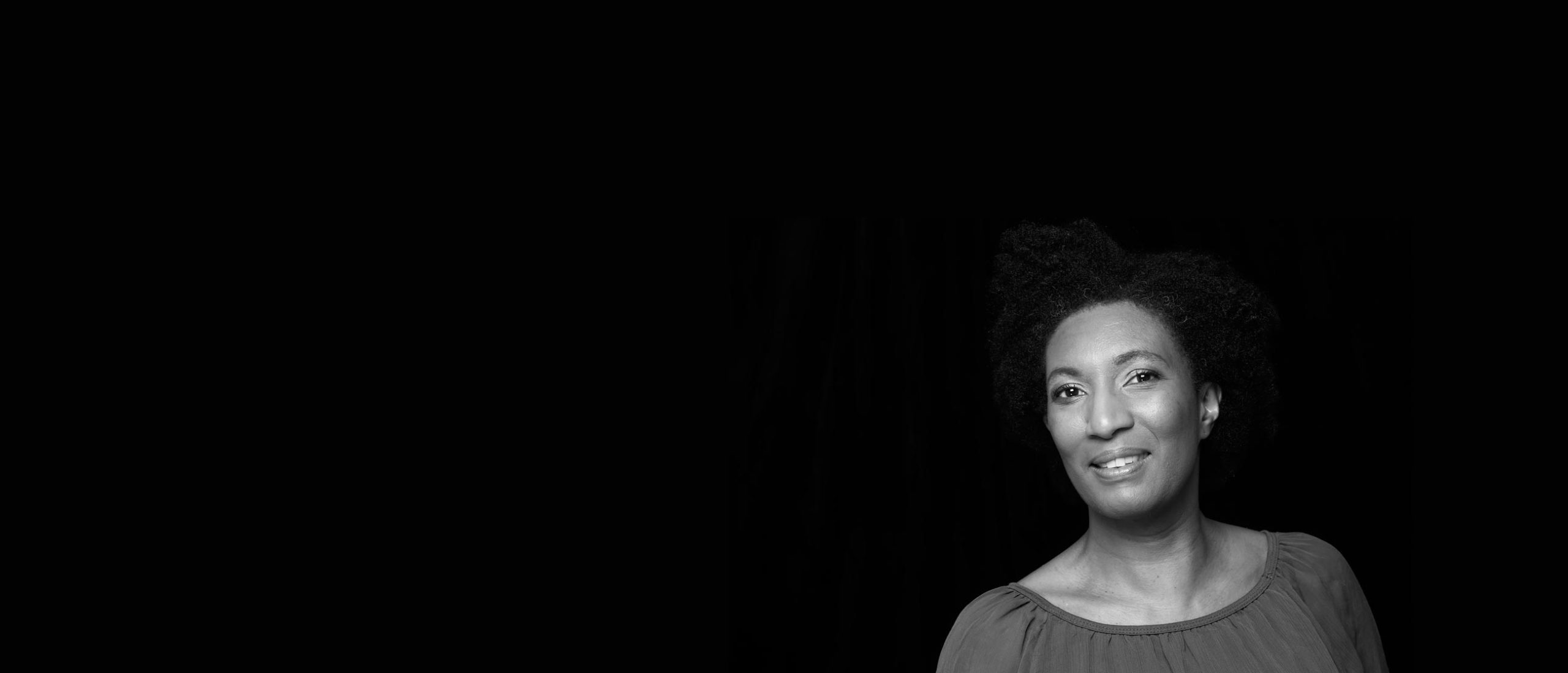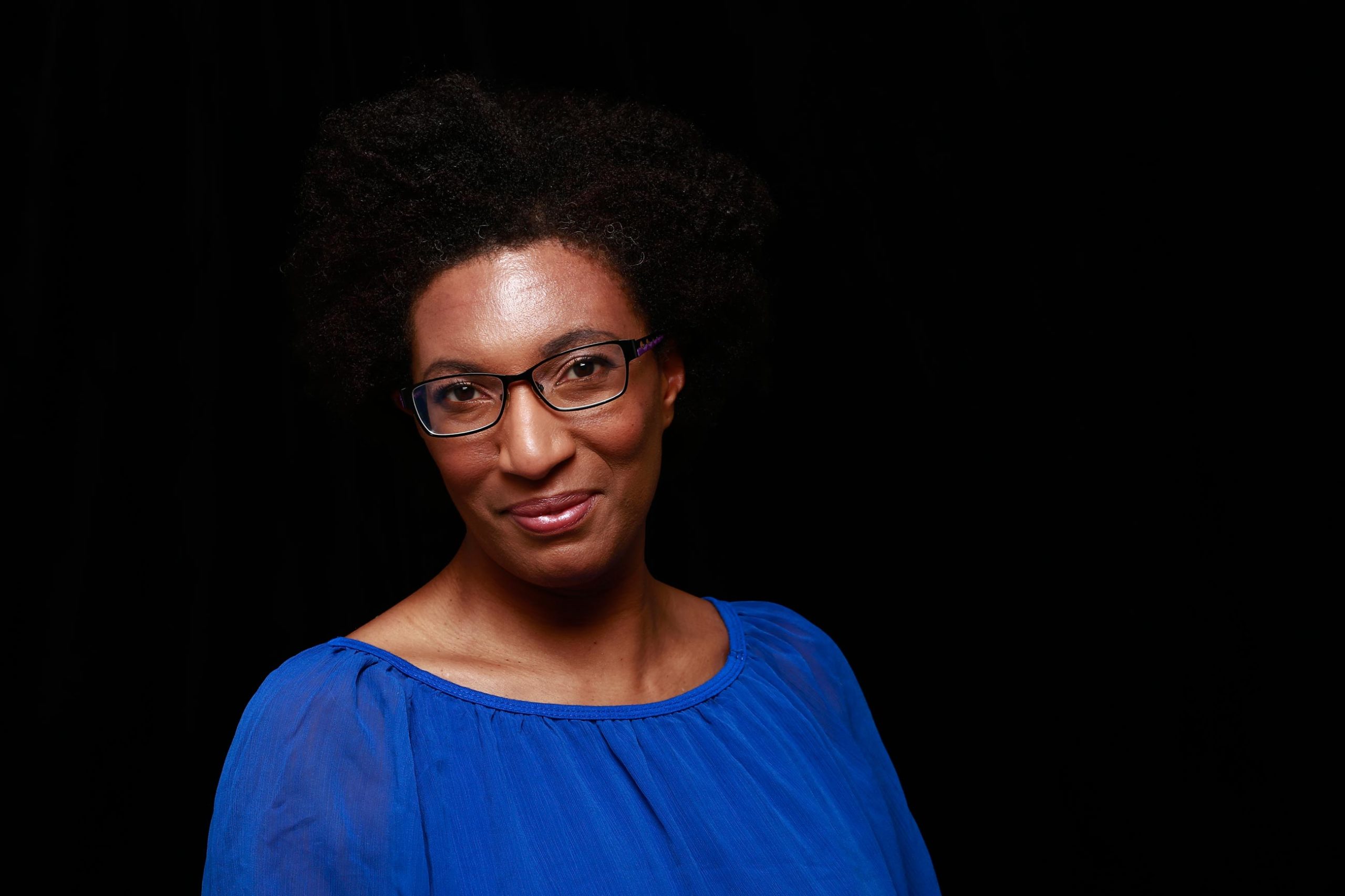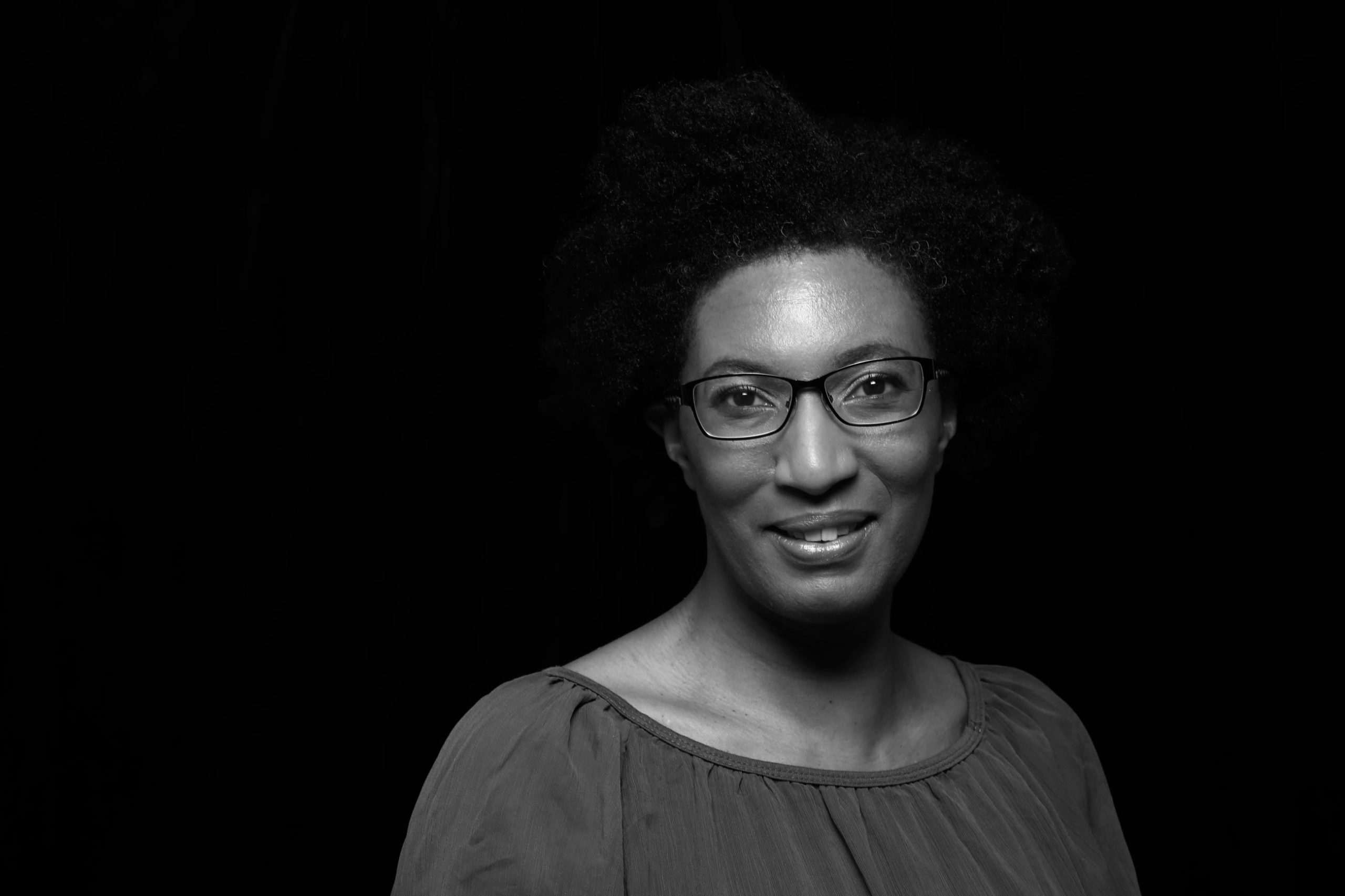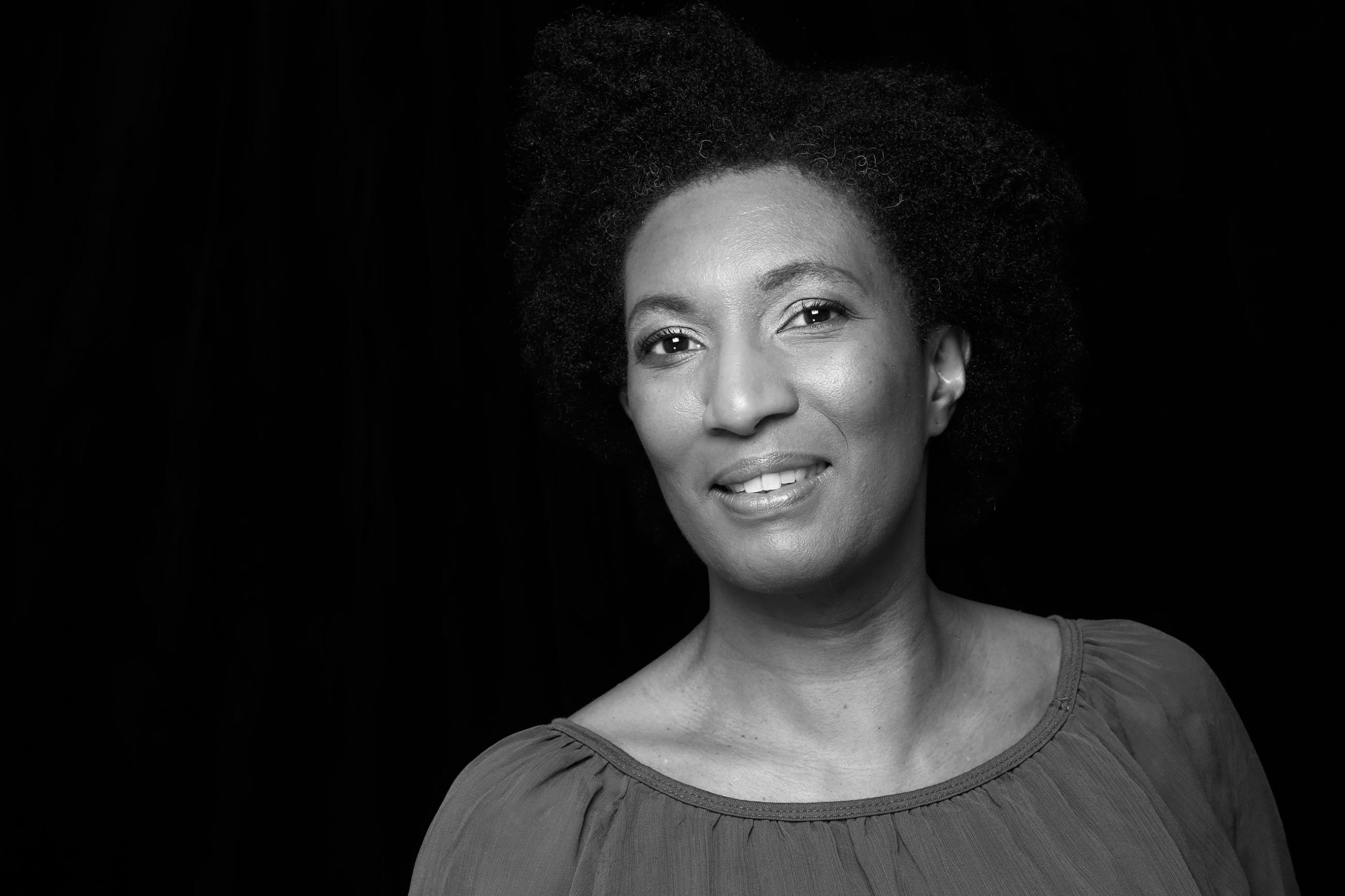When to use an Evizeo coaching
“Coaching is unlocking people’s potential to maximize their own performance. It is helping them to learn rather than teaching them” Sir John Whitmore in Coaching for Performance.
Coaching is a form of accompaniment – individual or collective – which encourages autonomy in the definition of objectives and the search for solutions. The coach does not advise you, does not train you, he asks questions that allow you to question your unconscious limits and helps you to connect to your needs.
At each of our coaching sessions,
- You get closer to your values, to your raison d’être.
- You overcome situations of stress, harassment and burnout.
- You help your employees to overcome PSR situations of which they are victims or responsible.
My method
I use a model that has proven itself
G
Clarify your goal
R
Make an inventory of the existing situation in relation to your objective
O
Identify possible options
W
Plan actions to move towards the goal
What is coaching?
A facilitation process, based on asking question and helping client identify where they want to be, what is your goal.
How is coaching different from consulting or mentoring?
A mentor offers guidance, advises. A coach doesn’t. The client has to know the business, not the coach.
How can coaching benefits a organisation?
Coaching is a long-term investment in higher business performance. It first of all helps individuals improve their mindset and abilities.
Request your first free session
My botte secrète : Sophrology
Discovered in the course of my personal journey, today sophrology has become an indispensable tool for my consulting activity and my well-being. Accessible to all, it combines simple relaxation and interiorisation techniques. This discipline has largely proved its worth once applied to corporate life. I offer individual or group sessions of 15 to 45 minutes to help find a balance between professional and personal life. The term sophrology also means “study of the harmony of consciousness”.
Zoom or live in Paris
You will practice self-development techniques using your mind and your body. They combine meditation, breathing and relaxation techniques with gentle movement and visualisation. Often compared to mindfulness, it doesn’t require specific postures. It is a training, a pedagogy.
One to one session, and group session in organisations.
Who is Sophrology for?
Anyone who is eager to live a better life. The exercises are easy and not physically challenging. When needed, the exercise are adapted to your physical condition.
What are its benefits?
Sophrology helps you overcome stress, anxiety, improve your negative emotions, improve your existence.
Is Sophrology a therapy?
Sophrology does not replace medical treatment or psychotherapy. It is fully compatible with and complementary to other forms of therapy. Ask your therapist, especially if you are under psychological therapy.





